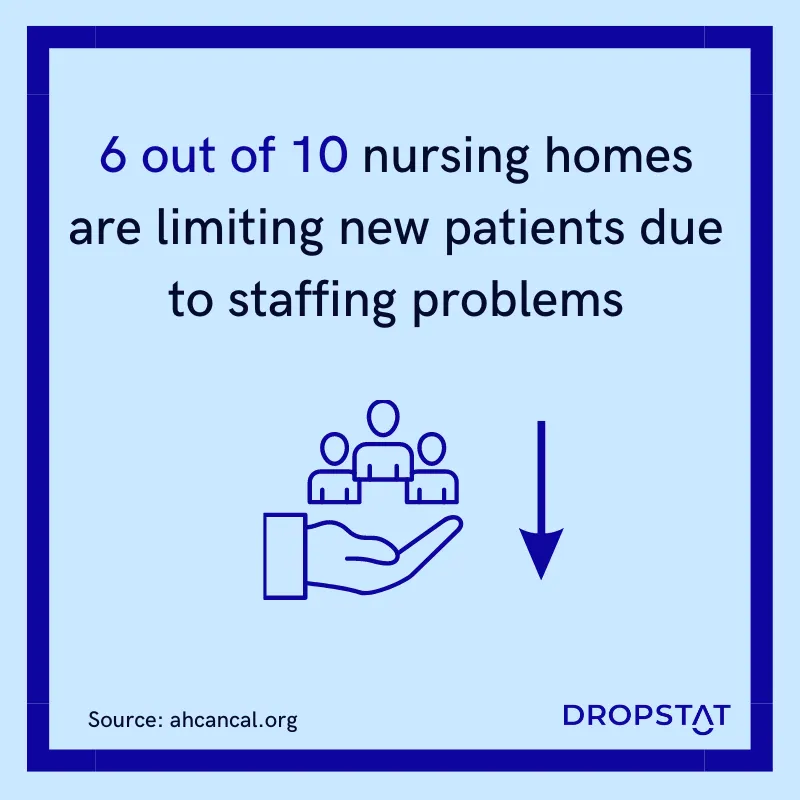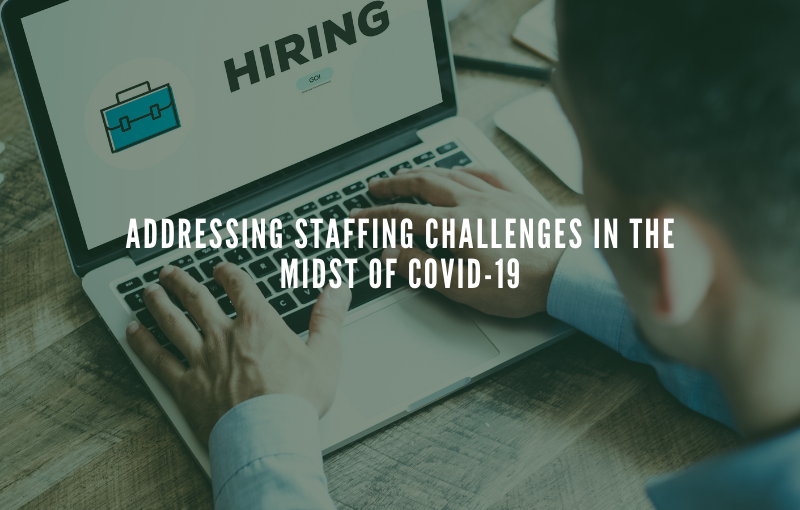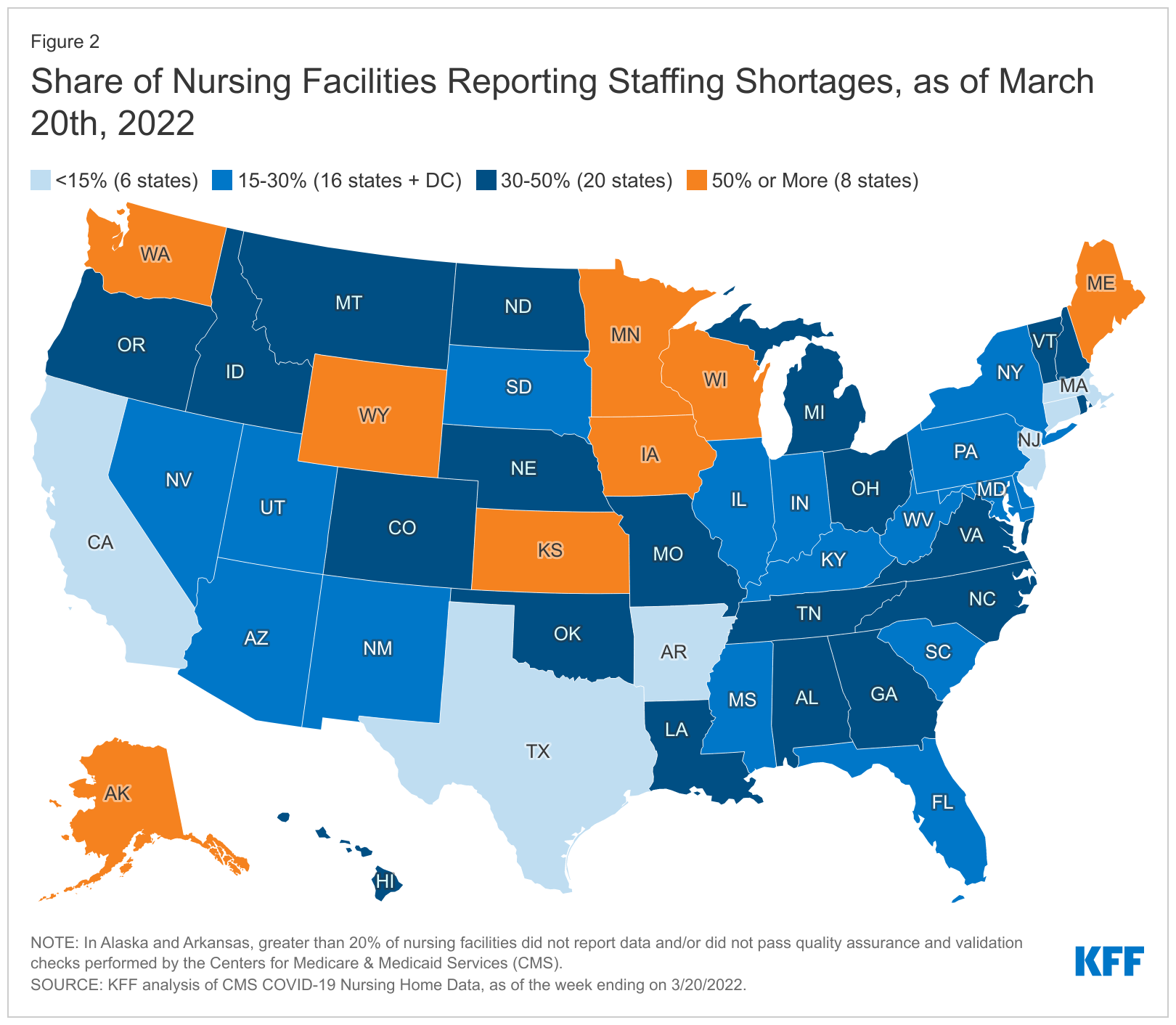If you’re struggling with facility staffing concerns, look no further than Nurses On Call, Inc. With over 25 years of experience in nurse staffing, we are dedicated to finding the perfect match for your facility’s needs. Our highly qualified nurses, including RNs and LPNs, have at least one year of current nursing experience and can provide temporary or semi-permanent support to augment your existing staff. We offer 24/7 on-call service, a local support team, and an on-site Director of Nursing to ensure a seamless and efficient experience. Contact us at 850-474-9803 and let us help you address your facility staffing concerns. Nurses On Call, where your career finds its perfect fit.

This image is property of dropstat.com.
Addressing Facility Staffing Concerns
Facility staffing concerns can be a major challenge for medical institutions. A shortage of qualified and experienced healthcare professionals can lead to increased workload, compromised patient care, and decreased staff morale. In order to effectively address these concerns, it is important to identify staffing needs, understand the role of nurse staffing agencies, and implement strategies to ensure quality staff and maintain continuity of care. This article will guide you through the process of addressing facility staffing concerns and provide valuable insights and recommendations.
Identifying Staffing Needs
The first step in addressing facility staffing concerns is to identify the specific needs of your institution. This involves evaluating current staffing levels, assessing workload and patient demand, identifying skill gaps, and anticipating seasonal or fluctuating staffing needs. By carefully analyzing these factors, you can gain a better understanding of your facility’s staffing requirements and develop effective strategies to address them.

This image is property of recruitingdaily.com.
Understanding the Role of Nurse Staffing Agencies
Nurse staffing agencies play a crucial role in addressing facility staffing concerns. These agencies provide access to a pool of qualified and experienced nursing professionals who can be placed at medical facilities on a temporary or semi-permanent basis. Understanding how nurse staffing agencies operate and the types of services they offer is essential in making informed decisions regarding your facility’s staffing needs.
Nurses On Call, Inc. is a reputable nurse staffing agency with over 25 years of experience in matching staff to facility needs. They provide 24/7 on-call service, a local support staff, and an on-site Director of Nursing for a full-service experience. Their nurses are RNs and LPNs with at least one year of current nursing experience, ensuring that you have access to highly competent professionals when you need them.
Benefits of Using Nurse Staffing Agencies
There are several benefits to using nurse staffing agencies to address facility staffing concerns. Firstly, these agencies provide access to qualified and experienced staff who can seamlessly integrate into your existing team. This ensures that patient care is not compromised and that your facility can continue to operate efficiently.
Secondly, nurse staffing agencies offer flexibility and scalability. They can provide staff on a temporary or semi-permanent basis, allowing you to adjust staffing levels according to fluctuating patient demand. This flexibility can be particularly beneficial during seasonal peaks or unexpected staffing shortages.
Furthermore, utilizing nurse staffing agencies can result in cost savings. These agencies take care of the recruitment and hiring process, reducing the administrative burden on your facility. Additionally, you only pay for the services provided, eliminating the need for costly benefits and overhead expenses associated with full-time employees.
Another advantage of using nurse staffing agencies is the streamlined recruitment and hiring process. These agencies have established networks and comprehensive screening and selection processes in place. This ensures that you have access to highly qualified professionals without having to spend valuable time and resources on extensive recruitment efforts.
Lastly, working with nurse staffing agencies can lead to improved patient care and satisfaction. By having access to a pool of skilled and competent nursing professionals, you can ensure that your patients receive the highest standard of care. This, in turn, can contribute to positive patient outcomes and enhanced patient satisfaction.

This image is property of dropstat.com.
Considerations When Choosing a Nurse Staffing Agency
When choosing a nurse staffing agency, it is important to consider several factors to ensure that you select a reputable and reliable partner. Firstly, evaluate the reputation and experience of the agency. Look for agencies that have a proven track record of providing high-quality staffing solutions and have established relationships with other healthcare facilities.
Check the licensure and credentialing of the agency and their staff. It is crucial to ensure that the agency is operating legally and that their nurses have the necessary qualifications and certifications to practice. This helps maintain patient safety and ensures compliance with regulatory requirements.
Assess the staff screening and selection process of the agency. Find out how they recruit, assess, and verify the qualifications and experience of their nursing professionals. A thorough and rigorous screening process is essential to ensure that you have access to competent and reliable staff.
Review the contracts and service agreements provided by the agency. Pay close attention to the terms and conditions, including rates, cancellation policies, and any additional fees. It is important to establish clear expectations and prevent any potential contractual disputes.
Evaluate the agency’s policies and procedures. Look for agencies that have well-defined protocols for staff orientation, training, and ongoing performance monitoring and evaluation. This demonstrates a commitment to quality and continuous improvement.
Seek references and feedback from other facilities that have worked with the agency. This can provide valuable insights into their reliability, responsiveness, and the overall quality of their services. A reputable agency should be able to provide references upon request.
Ensuring Quality Staff
Ensuring the quality of staff provided by nurse staffing agencies is essential in maintaining high standards of care. There are several strategies that can be implemented to achieve this. Firstly, verify the credentials and competencies of the nursing professionals provided by the agency. This can be done through a comprehensive credentialing process that includes verifying licenses, certifications, and educational qualifications.
Implement orientation and training programs to familiarize the staff with your facility’s policies, procedures, and workflows. This helps ensure that they can seamlessly integrate into your team and provide consistent and high-quality care.
Monitor and evaluate the performance of the staff on an ongoing basis. This can be done through regular performance evaluations and feedback sessions. Address any areas of improvement or concerns promptly to maintain and enhance the quality of care provided.
Establish effective feedback and communication channels between your facility and the agency. This promotes open and transparent communication, allowing for timely resolution of any issues or concerns that may arise. Regular communication also helps ensure that the agency is aware of any changes or specific requirements at your facility.
Encourage continuous professional development among the staff. This can be done through providing opportunities for additional training, attending conferences, or pursuing advanced certifications. By investing in their professional growth, you can retain high-quality staff and ensure that they remain up-to-date with the latest developments in healthcare.

This image is property of www.kff.org.
Matching Staff to Facility Needs
Effectively matching staff to facility needs is crucial in ensuring optimal patient care and operational efficiency. To achieve this, it is important to understand your facility’s requirements in terms of skills, experience, and cultural fit.
Clearly communicate your facility’s needs and expectations to the nurse staffing agency. Provide detailed information about the required skills, specific experience or certifications, and any cultural considerations that may be important for your facility. This helps the agency in identifying suitable candidates who can meet your specific requirements.
Maintain open and frequent communication with the agency regarding staff availability and scheduling. This helps ensure that you have the right staff at the right time to meet patient demand. It also allows for timely adjustments to staffing levels in response to unexpected events or changes in patient needs.
Take into consideration the preferences and experience of the staff when assigning them to different shifts or units. While it is important to meet the facility’s needs, considering the preferences and experience of the staff can contribute to their job satisfaction and overall engagement.
Maintaining cultural fit is also important in matching staff to facility needs. When selecting nursing professionals from a nurse staffing agency, consider their ability to align with your facility’s values, practices, and patient population. A good cultural fit can lead to better teamwork, staff morale, and patient satisfaction.
Managing Staff Shortages
Staff shortages can occur for various reasons, including unexpected absences, increased patient demand, or difficulty in recruitment. Effectively managing staff shortages is essential in maintaining quality patient care. There are several strategies that can be implemented to address this challenge.
Firstly, adopt proactive recruitment strategies to ensure a steady pool of candidates for open positions. This can include participating in job fairs, networking with nursing schools, and leveraging online platforms to attract potential candidates.
Utilize per diem and temporary staff to fill in gaps during staff shortages. Nurse staffing agencies can provide qualified professionals on a short-term basis, ensuring that patient care is maintained while permanent staff are unavailable.
Consider creative staffing solutions such as floating staff between units or implementing flexible work schedules. This can help optimize staff utilization and reduce the impact of staffing shortages on patient care.
Implement incentive programs to attract and retain staff during times of shortages. This can include offering bonus pay, flexible shifts, or additional benefits for those willing to work during high-demand periods.
Identify and address underlying causes of staff shortages. This can involve conducting exit interviews to understand reasons for turnover, addressing workplace issues that may contribute to low staff morale, or investing in training and professional development opportunities to attract and retain qualified staff.
This image is property of www.insiderintelligence.com.
Implementing Staff Retention Strategies
Staff retention is crucial in maintaining continuity of care and minimizing the impact of staff turnover on patient care. Creating a positive and supportive work environment is essential in promoting staff satisfaction and reducing turnover. Here are some strategies that can be implemented:
Create a positive and supportive work environment where staff feel valued and appreciated. This can be achieved through effective leadership, regular staff recognition, and fostering a culture of teamwork and collaboration.
Offer recognition and rewards to acknowledge the hard work and dedication of staff. This can include employee of the month programs, performance-based bonuses, or public acknowledgments of achievements.
Provide opportunities for career advancement and professional development. This can include offering tuition reimbursement, supporting staff in pursuing advanced certifications or degrees, or creating clear pathways for promotion within the organization.
Promote work-life balance by implementing flexible scheduling options, providing adequate time off, and offering support services such as employee assistance programs. A healthy work-life balance can contribute to staff satisfaction and reduce burnout.
Invest in continuous professional development and training opportunities. This demonstrates a commitment to the growth and development of staff and can contribute to increased job satisfaction and engagement.
Maintain open and transparent communication channels between staff and management. Regularly seek feedback from staff and actively address any concerns or issues that may arise. Effective communication helps foster trust and facilitates timely resolution of problems.
Addressing Communication Issues
Effective communication is essential in ensuring smooth operations and high-quality patient care. Addressing communication issues can help prevent misunderstandings, improve teamwork, and enhance the overall quality of care provided.
Encourage open and transparent communication between staff members. This can be achieved through regular team meetings, huddles, or communication boards where important information is shared and discussed.
Provide training and resources to support effective communication. This can include workshops or educational sessions on effective communication techniques, conflict resolution, or cultural competency.
Implement standardized communication protocols to ensure consistent and accurate information exchange. This can include the use of standardized forms, checklists, or electronic health record systems to document and share important patient information.
Facilitate effective communication between your facility and the nurse staffing agency. Establish clear channels for sharing information, discussing staffing needs, and addressing any concerns or issues that may arise.
Regularly assess and evaluate the effectiveness of communication processes within your facility. Seek feedback from staff and patients to identify areas for improvement and implement appropriate changes.
Maintaining Continuity of Care
Maintaining continuity of care is essential in ensuring patient safety and positive outcomes. Disruptions in staffing can have a significant impact on patient care, so it is important to implement strategies to maintain continuity during transitional periods.
Standardize clinical processes to ensure consistency in care delivery. Develop and implement clinical protocols, guidelines, and best practices that all staff members can follow. This helps reduce variations in care and ensures that patients receive the same level of quality regardless of the staff assigned to them.
Share patient information and care plans among staff members to ensure a seamless transition of care. Utilize electronic health record systems or other secure platforms to facilitate the exchange of important patient information. This helps prevent gaps or omissions in care and ensures that all staff members have access to relevant patient data.
Utilize technology to facilitate seamless transitions of care. Implement electronic scheduling or communication systems that allow for efficient handoffs between shifts or staff members. This promotes continuity and reduces the risk of misunderstandings or errors during transition periods.
Maintain consistent communication with staff to ensure that all changes or updates in patient care are communicated effectively. This can be achieved through regular staff meetings, email updates, or communication boards.
Ensure adequate staffing during transitional periods by working closely with the nurse staffing agency. Clearly communicate anticipated staffing needs and any changes in patient demand to ensure that appropriate staffing levels are maintained.
In conclusion, addressing facility staffing concerns requires a systematic and comprehensive approach. By identifying staffing needs, understanding the role of nurse staffing agencies, ensuring quality staff, matching staff to facility needs, and implementing strategies to manage staff shortages and improve retention, facilities can effectively address staffing challenges and maintain continuity of care. Utilizing nurse staffing agencies like Nurses On Call can provide access to qualified and experienced staff, flexibility, cost savings, and streamlined recruitment processes. By considering factors such as reputation, licensure, screening process, and agency policies, facilities can choose a reliable nurse staffing agency. Implementing staff retention strategies, promoting effective communication, and maintaining continuity of care are crucial in addressing facility staffing concerns and ensuring high-quality patient care.


